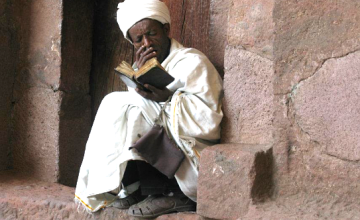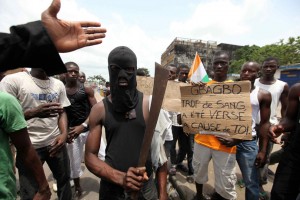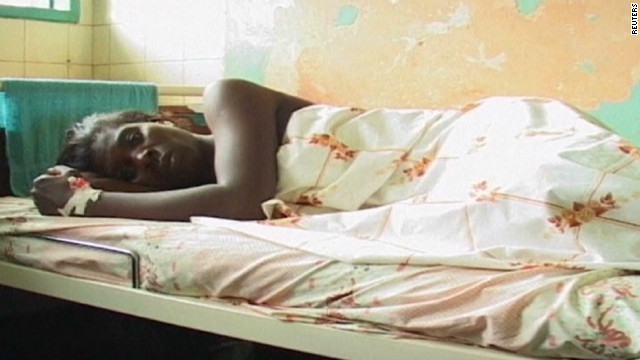By Vicki Turakhia
Impunity Watch Reporter, Africa
ABUJA, Nigeria – Police in Nigeria have denied the accusation that almost 1,000 people have been kidnapped from January of 2008 until August of 2012, but a group called Campaign for Democracy states differently.

Previously robberies were more common than kidnappings, but criminals are learning that there is a higher chance for profits in a kidnapping. These kidnappings have led to ransoms costing people a total of 1.2 billion naira during that time period. The costs range anywhere from 5 million to 30 million naira per person kidnapped.
Victims of the kidnappings include singing and dancing Nigerian stars and prominent members of society, which is a change from the foreign oil company officials previously kidnapped. The Enugu State University Vice Chancellor was abducted on August 15th, causing the University’s security to be questioned.
The Vice Chancellor is known for his hard work and dedication to the school, he has brought about change and reform to Enugu State University. The authorities are hopeful about his release.
Nigeria is the eighth highest in kidnapping around the world. In 2010, 512 people had been kidnapped compared to the 353 for the total of 2009. In January of 2008 the average rate of reported kidnappings was about one every 10 days.
Not only is there a rise in kidnappings, but in other crimes as well such as assassinations, armed robberies, and arson. These criminal acts are said to occur due to joblessness, homelessness, and the decreasing access to education. The Academic Staff Union of Universities (ASUU) blames the government for the difficulties that spread across the nation.
A U.S. based social group has stated that the insecurity has led to a lack of foreign investments. The group calls for a permanent solution otherwise the instability in Nigeria will continue to hurt the economy.
Solutions to the kidnappings include removing the buildings used for housing kidnapped victims. The local government is looking to increase the penalties for kidnapping. The government has also included development centers, these centers provide greater knowledge and communication about the growing rise in kidnapping.
However, the police do question the source of information obtained by the Campaign for Democracy, so the numbers are being confirmed by the Deputy Force. But, the U.S. State Department maintains that a majority of kidnappings go unreported.
For further information, please see:
All Africa – Nigeria: 938 Persons Kidnapped in South East – Campaign for Democracy – 17 August 2012
All Africa – Nigeria: ASUU Blames Bombings, Kidnappings on Injustice – 14 August 2012
All Africa – Nigeria: U.S. Based Group Wants Govt to Tackle Kidnapping – 29 July 2012
Global Post – Nigeria’s Kidnapping Culture on the Rise – 30 May 2010
The Guardian Nigeria – Pharmacists Seek Release of Kidnapped ESUTH VC – 18 August 2012



